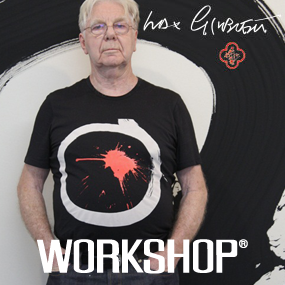Success at boiling point
Fahrenheit 212 co-founder and CEO Geoff Vuleta leans back in his chair and muses thoughtfully about his native New Zealand. “There’s a lawn at Oxford with a sign on it that clearly says, ‘Don’t walk on the grass,” he says. “And at 18, every kid in New Zealand goes off to England and walks on that grass. We all do, and I certainly did.” While it may not be immediately clear how this is even remotely relevant, spend a few hours at Fahrenheit and hearing this sort of quirky New Zealand wisdom becomes positively routine; the tenets of Vuleta’s scrappy island upbringing inform just about every aspect of the company. And that means the entire staff walks on the grass for a living. There doesn’t seem to be a recession on at the Manhattan “innovation consultancy”. New York-based Fahrenheit 212 has made a thriving business out of solving other companies’ innovation problems, companies such as: Procter & Gamble, Coca-Cola, Hershey, Samsung Electronics, Starbucks and Gucci Group. To understand Fahrenheit 212, you’ve got to start with Ernest Rutherford: New Zealand lore tells us that when native son Rutherford, known today as the father of nuclear physics, split the atom in 1917, an American journalist asked him how he — someone from a South Pacific backwater — did what so many European and American thinkers could not. He famously replied, “We didn’t have the money, so we had to think.” This fundamental principle of Kiwi thinking has never been more apropos. “What gets in the way of transformation,” Vuleta says, “is money.” And now that it’s in short supply, his 25 person company is doing better than ever. Because, believe it or not, recessions may be just the time to make it in corporate America. Geoff Vuleta founded Fahrenheit 212 as part of Saatchi & Saatchi in the USA before taking the company independent.














